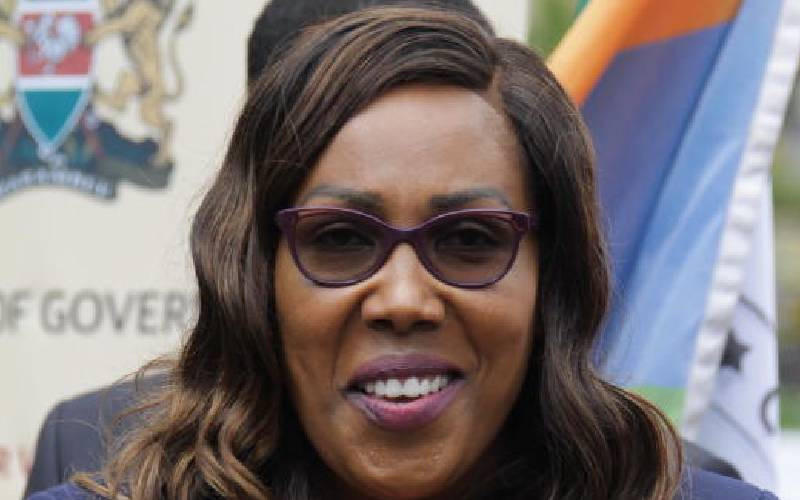
Kenya's population has rapidly grown, life expectancy improved, and an ageing population emerged despite the fact that majority are aged below 35.
The disease profile has also changed from a context where communicable diseases comprised a majority of priority diseases, to a new norm where communicable diseases, non-communicable diseases and injury all pose a big strain to our health system.
In addition to this, the burden of chronic lifelong conditions on the population continues to increase, and some new disease continue to emerge, like Covid-19.
To respond, the national and county governments have stepped up health investments, expanded health facility infrastructure, equipment, human resource capacities and other critical resources with a focus on ensuring all Kenyans have access to high quality health services, when they need them and at an affordable cost.
Most Kenyan leaders, policymakers, health managers, healthcare workers and communities agree to the slogan Prevention is better than cure. Early investment in effective prevention strategies has been found to enhance good population health, reduce morbidity and mortality including from lifelong chronic illnesses, and save resources in both healthcare and social services.
A shilling invested in preventive health has been found to save Sh5 in direct medical costs and up to Sh11 on the overall costs, factoring in other potential losses like individual's productivity and caretaker costs.
However, county governments remain strained on health resources - spending more than 30 per cent of their budgets on health despite having 14 devolved functions.
In addition, there is reducing donor funding to health as most development partners cut funding obligations given Kenya's rebasing to a middle-income economy in 2015.
As such, it remains critical to ask - is it possible to increase resource investment to preventive health in a health resource limited context? In answering this question, we explore two pathways.
First, the scope of preventive health options available has rapidly expanded in recent years, providing a robust range of interventions available to programmers to uptake.
Recent decades have seen scientific and technological advances that rapidly expanded and accelerated understanding of disease causes, progression and transmission. This has resulted in innovative preventive, curative and rehabilitative approaches.
Once a preserve of classical public health interventions, disease prevention currently encompasses a wide range of activities - both clinical and non-clinical - that are aimed in some way to reduce the acquisition, transmission or progression risk of any disease.
Secondly, it is key to note that increasing investment in disease prevention potentially free ups resources for health care services by reducing avoidable health problems, thus saving resources that can be re-ploughed in prevention, care, treatment, and rehabilitation services.
-The writer is CEO at Council of Governors
 The Standard Group Plc is a multi-media organization with investments in media platforms spanning newspaper print
operations, television, radio broadcasting, digital and online services. The Standard Group is recognized as a
leading multi-media house in Kenya with a key influence in matters of national and international interest.
The Standard Group Plc is a multi-media organization with investments in media platforms spanning newspaper print
operations, television, radio broadcasting, digital and online services. The Standard Group is recognized as a
leading multi-media house in Kenya with a key influence in matters of national and international interest.

